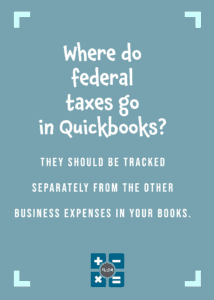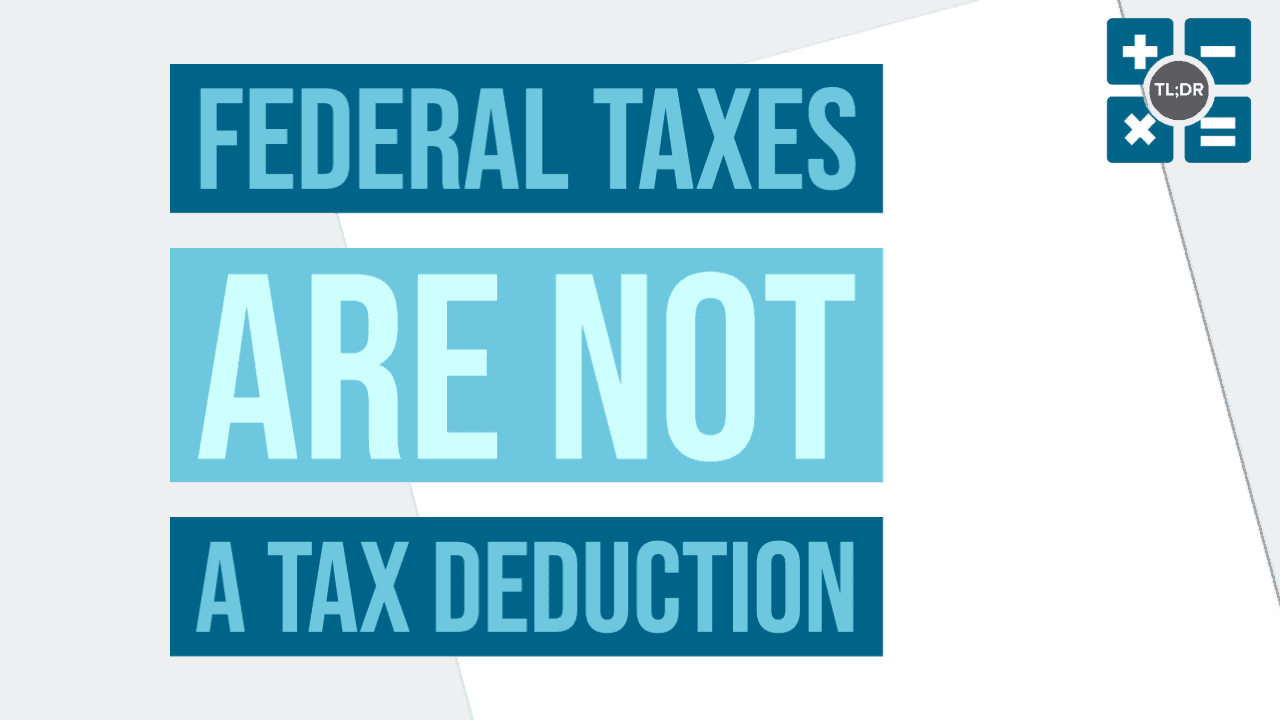Do you remember the IRS mantra for determining if a business expense is deductible? We’ll give you a hint: it’s the acronym RON. Business expenses are deductible if they’re Reasonable, Ordinary, and Necessary.
Reasonable is a bit of a judgment call, but a good way to think of it is to consider the amount of money spent. Ask yourself honestly if you’re spending extra money because you consider it an investment in your business, or if you’re just trying to get a bigger tax deduction.
Ordinary is easier to determine. Are your competitors in the same industry spending “about” the same amount on “roughly” the same things? If so, it’s ordinary. As a business owner you certainly have the prerogative to do things differently to set yourself apart from the competition. Just don’t go overboard and spend $4,000 on a golden collar for the office dog (or, worse, your own dog, which would be considered a personal expense).
Necessary is another judgment call, but it’s not too difficult. A business expense doesn’t have to be “do-or-die” for it to be considered necessary. It’s not absolutely necessary to buy a coffee machine for your employees in order for you to run a business (as much as some of your people might disagree), but you are allowed to deduct such an expense. Think about it this way: Does the purchase make your business run more efficiently, improve morale, or help in some kind of meaningful way? If so, it can likely be considered necessary.
“So,” you might say, “Do I get to deduct Federal tax payments?” You might not think Federal taxes are reasonable, but apparently Congress does. They are certainly ordinary because every business is required to file them. And again, according to Congress they are necessary.
Unfortunately, Federal tax payments are not deductible. Please allow us to explain.
It’s All About Timing
Let’s consider two taxpayers, Amy and Brynn. For simplicity, they are both business owners in the same industry who made the exact same amount of income and had the exact same types and amounts of deductions for 2020.
The difference between Amy and Brynn is that they estimated their Federal tax payments differently. Amy estimated that she’d have to pay $11,000 per quarter in taxes, but Brynn’s estimates put her at $10,000 owed per quarter. At this point we’ll spoil the ending and say that when filing their 2020 taxes in April 2021, each taxpayer found that their 2020 tax amount was $40,000. Amy overpaid her taxes and Brynn was spot-on.
Amy will receive a $5,000 refund on her taxes. Brynn doesn’t get a refund but also doesn’t owe any taxes. In the end, both Amy and Brynn have the same May 2021 bank balance. Thankfully both taxpayers avoided underpayment penalties.

Now, let’s pretend that Federal tax payments were deductible. Amy has paid $5,000 more in Federal tax pre-payments, which means she gets $5,000 more in tax deductions. At a 35% tax rate that gets her an additional $1,750 in tax refunds, so in the end she owes less in taxes. The result is that two taxpayers with the same income and same deductions pay different amounts of tax just because one unnecessarily made extra tax payments early. This might not seem fair, to benefit one taxpayer over another for simply having more cash in the bank.
Besides benefitting taxpayers with extra cash reserves, allowing Federal tax payments to be deductible would punish taxpayers who chose to invest in their business instead of paying extra amounts on their taxes early. The IRS doesn’t want to punish people who invest in their businesses. Quite the opposite, the US government as a whole tends to encourage business investment and growth through programs like the Paycheck Protection Program.
Tracking Tax Payments
Because tax payments are not deductible, they should be tracked separately from the other business expenses in your books. If your business is a flow-through entity, then your tax payments should be booked as equity transactions.
We’ll end the article with an important note: While it’s true that Federal taxes are not a tax deduction, you can deduct state and local taxes.
TL;DR: Business expenses are deductible if they are Reasonable, Ordinary, and Necessary. Federal tax payments are not tax-deductible even though they’re required business expenses. If they were, then cash-rich taxpayers would pay far less in taxes and business investment would likely be stymied. Regardless, you should track your Federal tax payments differently from other expenses in your books. Don’t forget that you can deduct state and local taxes on your tax return.
Need help with any of this? You can reach out to one of our accountants anytime through Let’s Chat!






